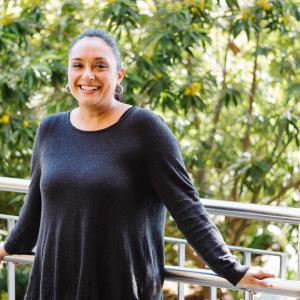This task draws on an immersive pedagogy wherein learning takes place within interactive exchanges between and among students. In pairs, students perform a live conversation or interview during designated class time. This can be done in the presence of the entire course cohort (to increase possibilities for peer learning and feedback), or privately (in front of an assessor), as in SPAN1010. Students are provided with several general topic areas in advance, for which they can prepare, but are assigned a question/topic at random at the time of the live conversation. Students are predominantly marked on fluency, either linguistically or in terms of discipline specific concepts and discourses. When delivered in language courses, the pair interaction should be delivered the language being taught, and emphasis placed on oral comprehension and fluency, accuracy in grammatical structures, and lexical knowledge. While this assessment is particularly well-suited to language courses, it could readily and usefully be applied to all HASS courses to assess discipline specific conceptual, theoretical and/or practical proficiencies via interactive learning; build opportunities for collaborative learning; and develop specialised language skills. Logistically, the assessment allows for several students to be marked simultaneously, increasing the balance of contact hours used for meaningful engagement.



